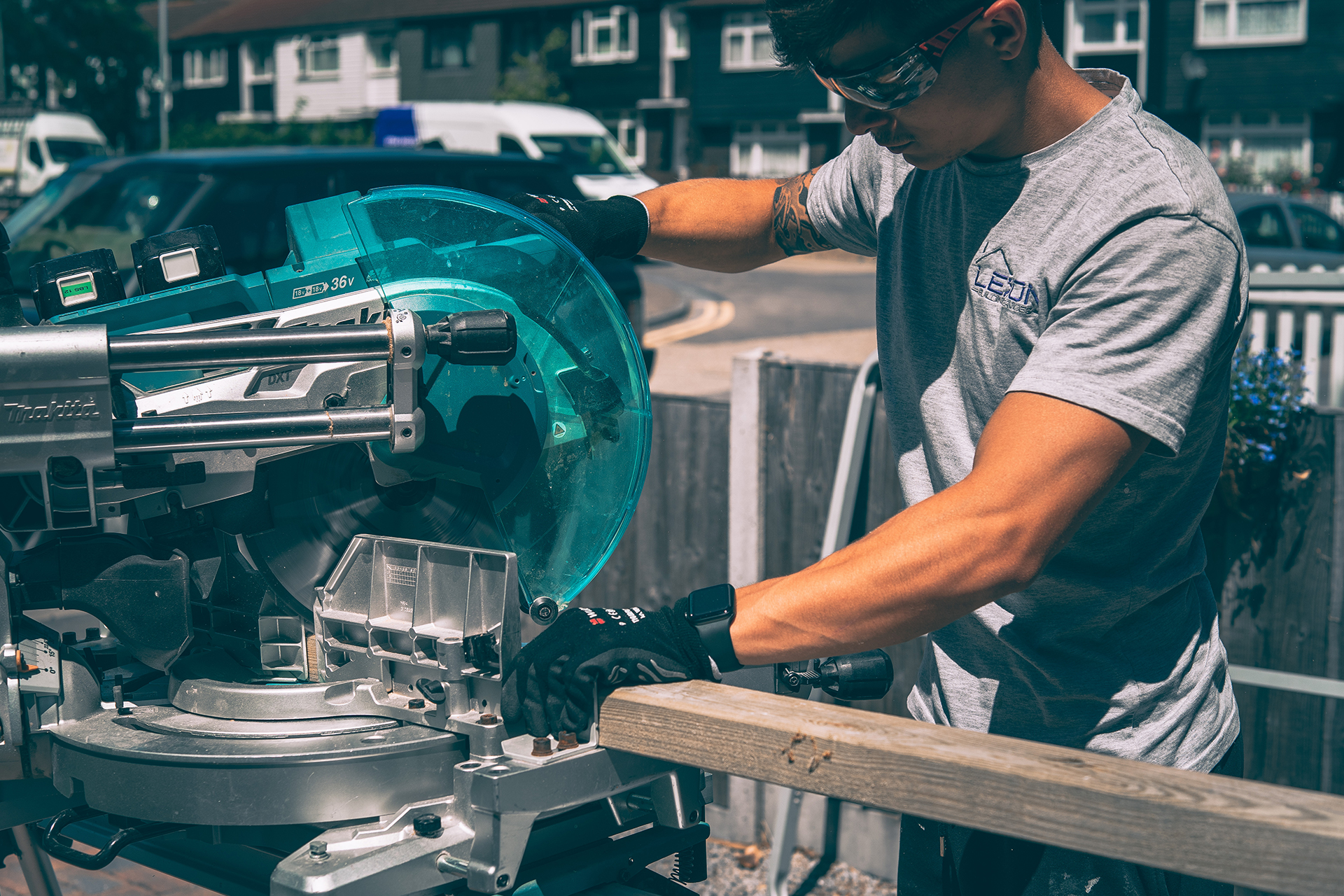Embarking on a home renovation project can be an exciting and rewarding endeavour. Whether you’re looking to enhance your living space, increase functionality, or boost your property’s value, proper planning and execution are key. While some renovation tasks can be DIY-friendly, others may require the expertise of a professional contractor. In this article, we’ll provide step-by-step guidelines to start your home renovation project and help you identify when to call an expert contractor.
Step 1: Define Your Renovation Goals
Before diving into any renovation project, clearly define your goals. Determine the areas or aspects of your home you wish to improve, such as updating the kitchen, expanding living spaces, or enhancing energy efficiency. Having a clear vision will help you make informed decisions and prioritise your efforts.
Step 2: Set a Realistic Budget
Establishing a realistic budget is crucial to ensure that your renovation project stays on track financially. Research the costs associated with the materials, labour, and permits required for your specific project. Consider setting aside a contingency fund for possible unforeseen expenses during the renovation.
Step 3: Research and Gather Inspiration
Explore various sources of inspiration, such as magazines, online platforms, and social media, to collect ideas for your renovation project. Create a style board or digital folder to organise and reference these inspirations during the planning and design stages. This step will help you communicate your vision effectively to contractors and professionals.
Step 4: Assess Feasibility and Building Codes
Conduct a thorough assessment of your home’s current condition and consult local building codes and regulations. This step will help you identify any structural issues, electrical or plumbing concerns, or permits that may be necessary for your renovation. Ensuring that your project is feasible and complies with all relevant regulations is crucial to its success.
Step 5: DIY vs. Contractor
Determine which aspects of your renovation project you can realistically handle as a DIY project and which require the expertise of a contractor. Smaller tasks like painting, installing fixtures, or minor cosmetic changes can often be done by homeowners. However, larger projects involving structural changes, electrical or plumbing work, or complex installations are best left to professional contractors.
Step 6: Research and Hire a Qualified Contractor
If your renovation project involves tasks beyond your expertise or available timeframe, rather hire a qualified and experienced contractor to make your dream home a reality. Ask for recommendations from friends, family, or trusted professionals, and request multiple quotes to compare services and prices. Check references, licenses, and certifications to ensure the contractor meets the necessary qualifications. Tip: you can also visit Trust-a-Trader on www.trustatrader.com to ensure you’re hiring a verified professional.
Step 7: Collaborate on Design and Planning
Work closely with your contractor to finalise the design and planning stage. Communicate your goals, share your inspirations, and discuss specific requirements or concerns. A collaborative approach will help ensure that everyone is on the same page before work begins.
Step 8: Obtain the Necessary Permits
If your renovation project requires permits, work with your contractor to acquire them before commencing any work. Failing to obtain the necessary permits can lead to complications, delays, and potential legal issues. Your contractor should be well-versed in the permit application process and can guide you through it.
Step 9: Implement the Renovation Plan
Once all the necessary preparations are complete, it’s time to begin the renovation. If you hired a contractor, they will oversee the project’s execution, coordinating labour, materials, installations and timelines. Stay in regular communication with your contractor to address any concerns or unexpected issues.
Step 10: Regular Inspections and Quality Checks
Throughout the renovation process, conduct regular inspections to ensure the work meets your expectations and aligns with the agreed-upon plans. Communicate any necessary adjustments or concerns with your contractor promptly. Performing quality checks at different stages will help maintain a high standard of workmanship.
Conclusion Starting a home renovation project requires careful planning and consideration. By following these step-by-step guidelines, you can set yourself up for a successful renovation. Remember, it’s essential to know your limitations and recognise when the expertise of a professional contractor is necessary. By doing so, you’ll ensure that your home renovation project progresses smoothly, delivering your desired results while minimising potential risks and setbacks. Get in touch with us for a free quote on 02080908229, or email to info@lexonbuildingservices.co.uk.





